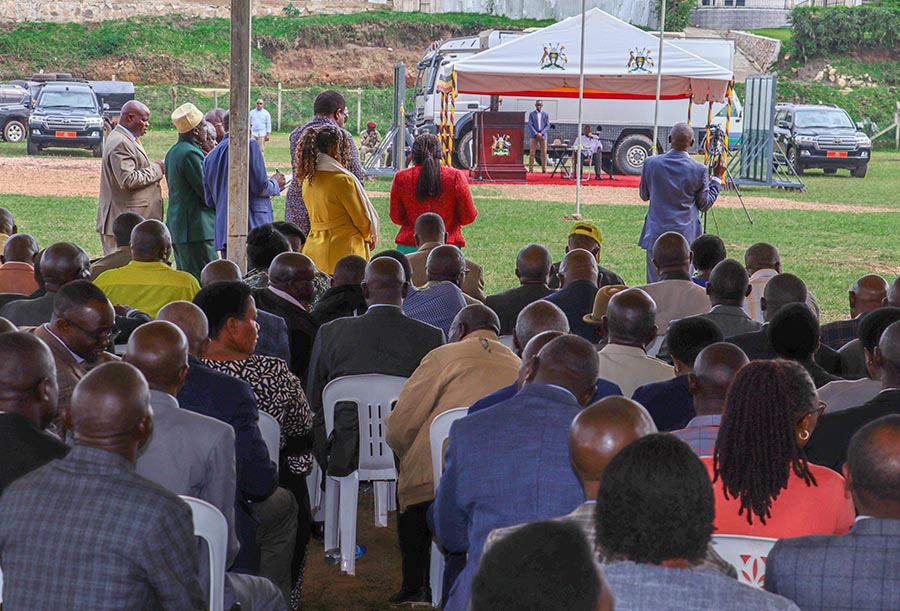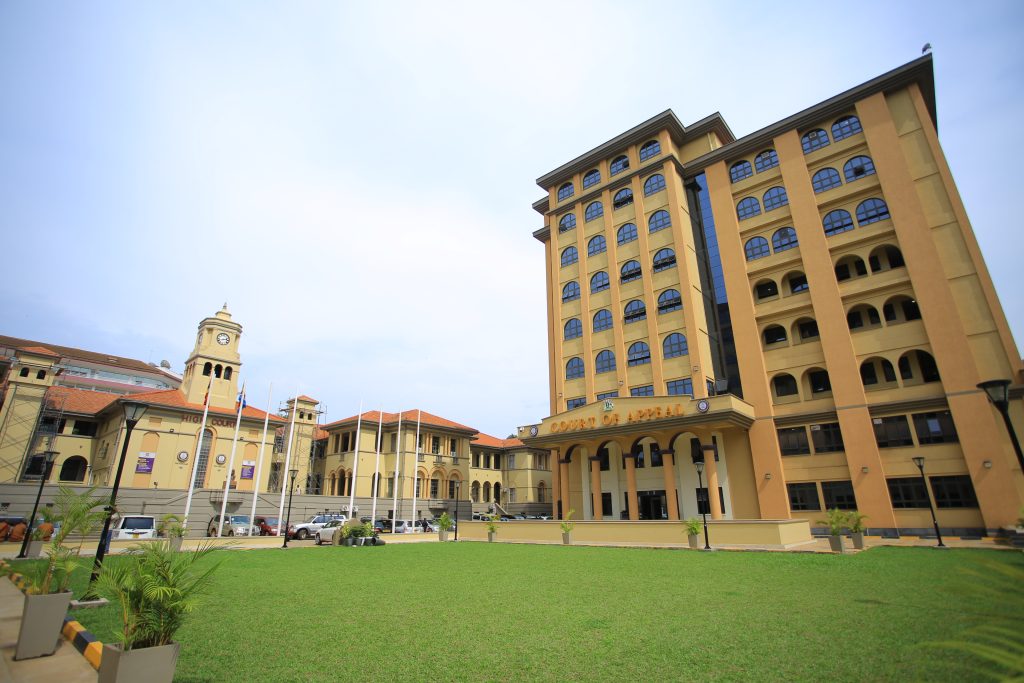President Museveni has instructed the ministry of Agriculture, Animal Industry and Fisheries to draft regulations to streamline tea growing and management in Uganda.
The move aims to protect the sector from low international market prices caused by poor tea management practices. Speaking at a meeting with tea growers, nursery operators, and processors in Bushenyi district, Western Uganda, Museveni emphasized the need for proper tea cultivation and quality purchasing standards.
He tasked tea growers with submitting a written report on the viability of tea as a high-value or low-value crop to guide government interventions.
Museveni noted claims that intensive tea farming could yield up to 8,000 kilograms per acre, generating significant income, and requested a detailed document coordinated by Prof. Ephraim Kamuntu to inform policy decisions.
“I want you to go back and write to me on the issue of whether tea is a high value crop under intensive agriculture or we should continue with extensive agriculture because some people say you can earn net Shs1. 4 million per month, if you can do that, that will be good. I want this one in writing,” he said.
Museveni dismissed earlier views of tea as a low-return crop compared to alternatives like coffee. He also rejected the proposal for a Tea Authority, arguing that creating authorities for each cash crop, including non-traditional ones like cassava and bananas, would be inefficient. Instead, he proposed dedicated crop desks within the Ministry of Agriculture.
He pledged government support, including a fund for fertilizers and Shs 312 billion to help tea growers and processors clear loans and improve tea quality for a stable international market.
The minister of Agriculture Frank Tumwebaze urged farmers to adopt self-regulatory mechanisms while the government expedites the regulatory process.
“Your Excellency, if the issue of costly fertilizers and green leaf quality regulation are dealt with, we would solve Uganda tea industry problems by more than 80 percent,” Tumwebaze said.
Onesimus Matsiko, chairperson of the Uganda Tea Outgrowers Association (UTOA), highlighted that addressing costly fertilizers and green leaf quality could resolve over 80% of the industry’s challenges.







